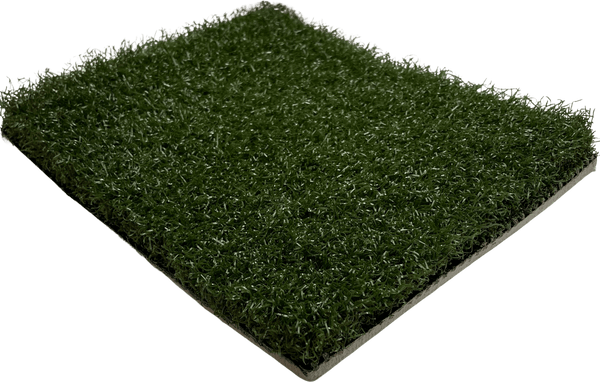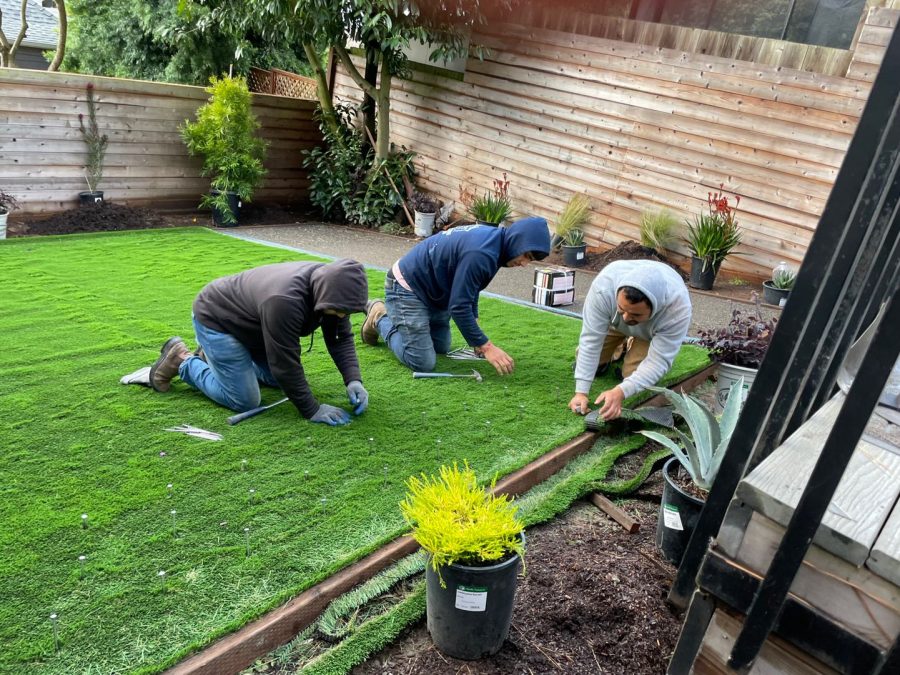Leading Phoenix Turf Companies Offering Superior Synthetic Grass Solutions
Leading Phoenix Turf Companies Offering Superior Synthetic Grass Solutions
Blog Article
Explore the Environmental Perks of Opting for Artificial Turf Solutions
The fostering of man-made turf solutions presents an engaging opportunity to attend to pushing ecological difficulties. By substantially decreasing water usage and minimizing the application of damaging chemicals, these choices not just advertise lasting landscape design but additionally shield regional environments.
Water Preservation Advantages
One of the most considerable benefits of synthetic lawn is its capacity to preserve water. In comparison, man-made lawn does not require watering, substantially decreasing the overall demand for water resources.
By eliminating the need for regular watering, artificial grass contributes to lasting landscape practices and helps mitigate the ecological impact of extreme water intake. Furthermore, the preservation of water includes the decrease of overflow, which can result in dirt disintegration and waterway pollution.
In addition, the installation of fabricated lawn allows municipalities and house owners to allot water resources more effectively, concentrating on necessary uses such as alcohol consumption water and agriculture. The change towards synthetic grass not only advertises accountable water usage but likewise straightens with more comprehensive environmental objectives focused on protecting natural deposits.
As communities progressively prioritize sustainability, the water conservation benefits of synthetic grass provide an engaging case for its fostering in industrial and property landscape design projects.
Decreased Chemical Use
The transition to man-made turf significantly reduces the dependence on chemical treatments generally made use of in all-natural lawn maintenance. Traditional grass management typically involves the application of fertilizers, pesticides, and herbicides to promote growth and control parasites. These chemicals can posture risks to human wellness, local wild animals, and the atmosphere, adding to dirt and water contamination.
On the other hand, synthetic grass removes the demand for these harmful substances. When set up, it calls for minimal upkeep, mostly containing normal cleaning and infrequent infill replenishment. This decrease in chemical use not just profits the immediate atmosphere however likewise contributes to broader eco-friendly stability. By reducing the launch of artificial substances right into the community, synthetic grass promotes healthier dirt and water systems.
Additionally, the lack of chemical drainage related to artificial lawn installations helps secure local waterways from pollution, supporting marine life and preserving biodiversity. Artificial turf companies phoenix. As communities increasingly focus on sustainable methods, selecting synthetic turf offers a viable solution that straightens with environmental preservation goals. With this shift, homeowner can appreciate lush environment-friendly areas without jeopardizing eco-friendly health and wellness, leading the way for a much more lasting future
Reduced Carbon Impact

In addition, the installation of fabricated turf can result in substantial water conservation. Natural grass require substantial quantities of water for watering, which not just contributes to the carbon impact connected with water removal and treatment yet also pressures neighborhood water sources. On the other hand, fabricated grass needs very little maintenance, requiring no watering, thereby substantially Discover More reducing water usage and its associated energy expenses.
Furthermore, the long life of synthetic grass adds to its decreased carbon effect. With a life expectancy of as much as 15 years or even more, the need for frequent substitutes is diminished, causing much less waste and lower power intake in production and disposing of standard turf choices. Generally, synthetic grass provides a sustainable choice for eco aware landscaping.
Habitat Conservation
Environment preservation is a critical consideration in the discussion over landscape design options, particularly when comparing man-made turf to natural lawn. Natural turf lawns commonly call for extensive upkeep, including the use of plant foods, herbicides, and chemicals, which can negatively affect regional ecological communities. These chemicals can leach right into the dirt and rivers, damaging native flora and fauna and disrupting local habitats.
Artificial lawn removes the need for dangerous chemicals, thereby safeguarding neighboring wildlife and keeping the stability of surrounding ecosystems. The installment of artificial turf can lead to the conversion of previous turf locations navigate here right into more biodiverse landscapes, such as pollinator yards or native plant areas, which can sustain local wildlife.
Ultimately, the shift to synthetic grass not just saves water and reduces maintenance initiatives but also fosters a much more harmonious relationship in between human tasks and the natural surroundings, advertising habitat preservation while doing so.
Long-Term Sustainability
Lasting sustainability is a critical factor in examining the benefits of fabricated grass over typical lawn yards. Among one of the most substantial benefits of synthetic grass is its resilience; it can last approximately 15-20 years with marginal maintenance, whereas all-natural grass requires frequent reseeding and substitute. This longevity reduces the demand for continuous resources, such as water, fertilizers, and chemicals, which are necessary for preserving a healthy yard lawn.
Furthermore, man-made lawn adds to a reduction in carbon emissions linked with grass treatment devices. Traditional grass often call for gas-powered mowers, trimmers, and blowers, all of which add to air contamination. Arizona turf. In contrast, synthetic grass gets rid of the requirement for such equipment, advertising a cleaner setting
Moreover, the manufacturing of artificial lawn significantly utilizes recycled products, boosting its sustainability account. As producers take on green techniques, the ecological footprint browse around these guys of fabricated turf proceeds to decrease.

Conclusion
The adoption of man-made lawn options presents significant environmental advantages, consisting of substantial water preservation, minimized dependence on unsafe chemicals, and a reduced carbon impact. Moreover, synthetic turf aids in protecting all-natural environments by decreasing land disturbance and promoting long-term sustainability through using resilient materials. Collectively, these elements underscore the possibility of synthetic grass to contribute positively to environmental wellness and offer a viable alternative to typical landscape design methods in an increasingly resource-conscious globe.
In contrast, fabricated turf does not need watering, considerably reducing the overall demand for water resources. By lessening the launch of artificial substances into the ecosystem, synthetic grass promotes healthier soil and water systems.
Additionally, the setup of synthetic turf can result in considerable water conservation. In contrast, artificial turf requires very little upkeep, requiring no watering, consequently dramatically decreasing water usage and its connected power prices.

Report this page